چاقی متابولیکی سالم/ناسالم و سرطان سینه: نقش احتمالی وزیکول های خارج سلولی مشتق از پلاسما بر رفتار سرطانی سرطان سینه سه گانه منفی
چاقی اثرات مضری بر رشد و پیشرفت سرطان سینه (BC) دارد. با این حال، در نظر گرفتن فنوتیپ چاقی بر اساس سلامت متابولیک ضروری است. این مطالعه با هدف ارزیابی تأثیر وزیکولهای خارج سلولی در گردش (EVs) زنان با وزن طبیعی سالم یا ناسالم متابولیکی، اضافه وزن و چاقی بر مهاجرت، تهاجم و آپوپتوز سلولی MDA-MB-231 انجام شد.

این مطالعه بر اهمیت در نظر گرفتن سلامت متابولیک، علاوه بر شاخص توده بدنی (BMI)، به عنوان یک عامل خطر برای سرطان سینه تاکید می کند و نشان می دهد که هم افراد با وزن طبیعی با شرایط متابولیک ناسالم و هم افرادی که دارای اضافه وزن یا چاق هستند، صرف نظر از وضعیت متابولیک، ممکن است در رفتار تهاجمی تر در سلول های TNBC نقش داشته باشند. این یافته ها پیامدهایی برای درک رابطه پیچیده بین چاقی، سلامت متابولیک و خطر سرطان دارد که می تواند راهبردهای پیشگیری و درمان سرطان را نشان دهد.
Abstract
Purpose: Obesity has known detrimental effects on breast cancer (BC) development and progression. However, it's essential to consider the obesity phenotype based on metabolic health. This study aims to evaluate the impact of circulating extracellular vesicles (EVs) from women with metabolically healthy or unhealthy normal weight, overweight, and obesity on MDA-MB-231 cell migration, invasion, and apoptosis.
Methods: Plasma EVs were isolated from different obesity phenotypes in women. EVs were characterized and EVs uptake by MDA-MB-231 cells was assessed. MDA-MB-231 cell lines were treated with EVs obtained from various studied groups, and migration, invasion, MMP-2 and MMP-9 activity, Bax and Bcl-2 mRNA expression, p-53 and Thr55 p-p53 protein expression, and apoptosis were assessed.
Results: EVs from obese individuals, regardless of phenotype, increased invasion and MMP-2 activity compared to healthy normal-weight EVs. Normal-weight EVs led to higher invasion under unhealthy conditions. BC cell migration was enhanced by EVs from healthy obese individuals compared to healthy normal-weight EVs. EVs from unhealthy obese women exhibited significantly lower p53/p-p53 levels and reduced apoptosis compared to healthy obese groups.
Conclusion: It appears that EVs from both normal-weight women with unhealthy conditions and those with obesity or overweight, irrespective of metabolic status, worsened the cancerous behavior of TNBC cells. Therefore, considering metabolic health, in addition to BMI, is crucial for understanding obesity-related disorders.
Keywords: Apoptosis; Breast cancer; Extracellular vesicles; Obesity; Obesity phenotypes.
Copyright © 2023. Published by Elsevier Inc.

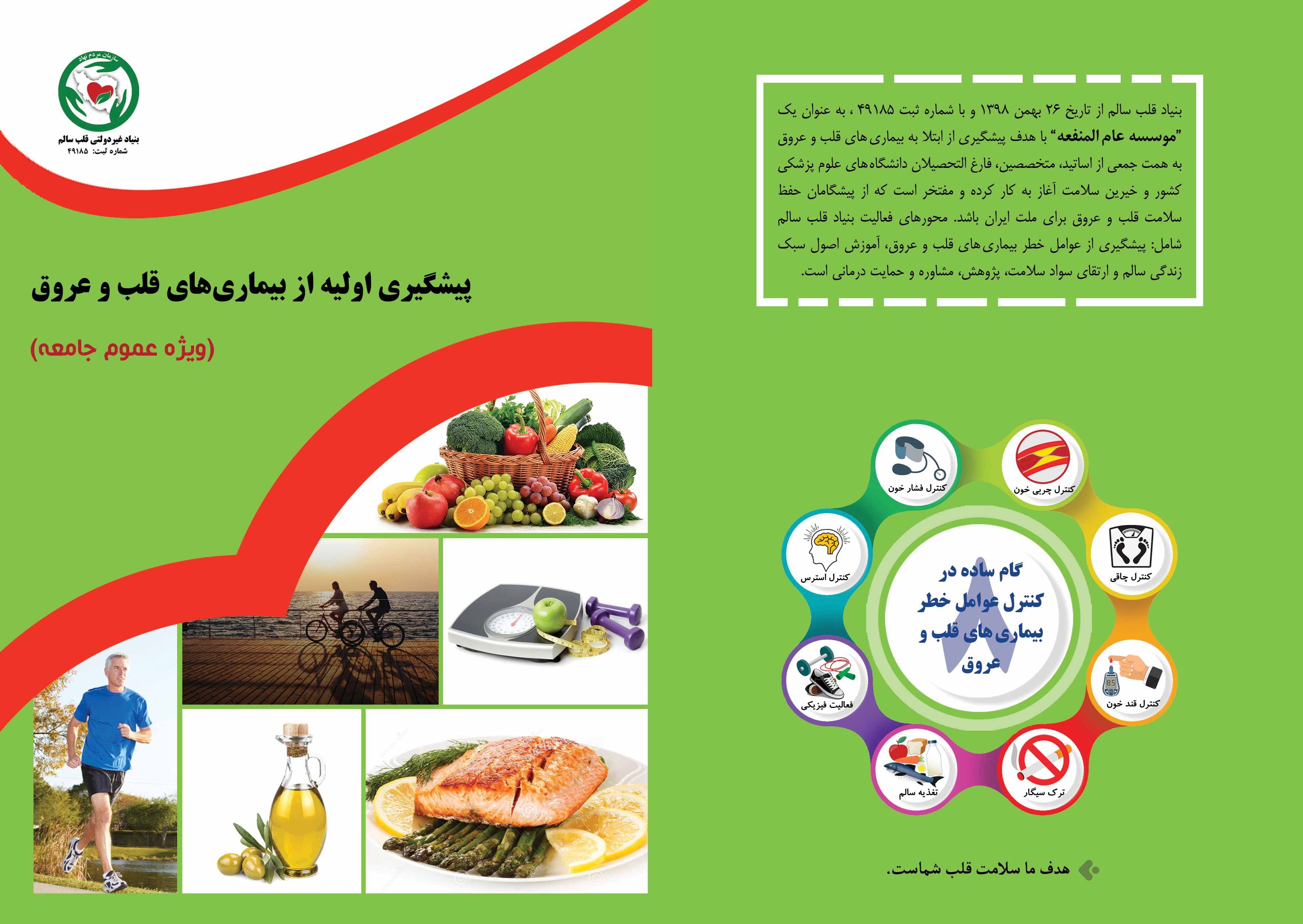
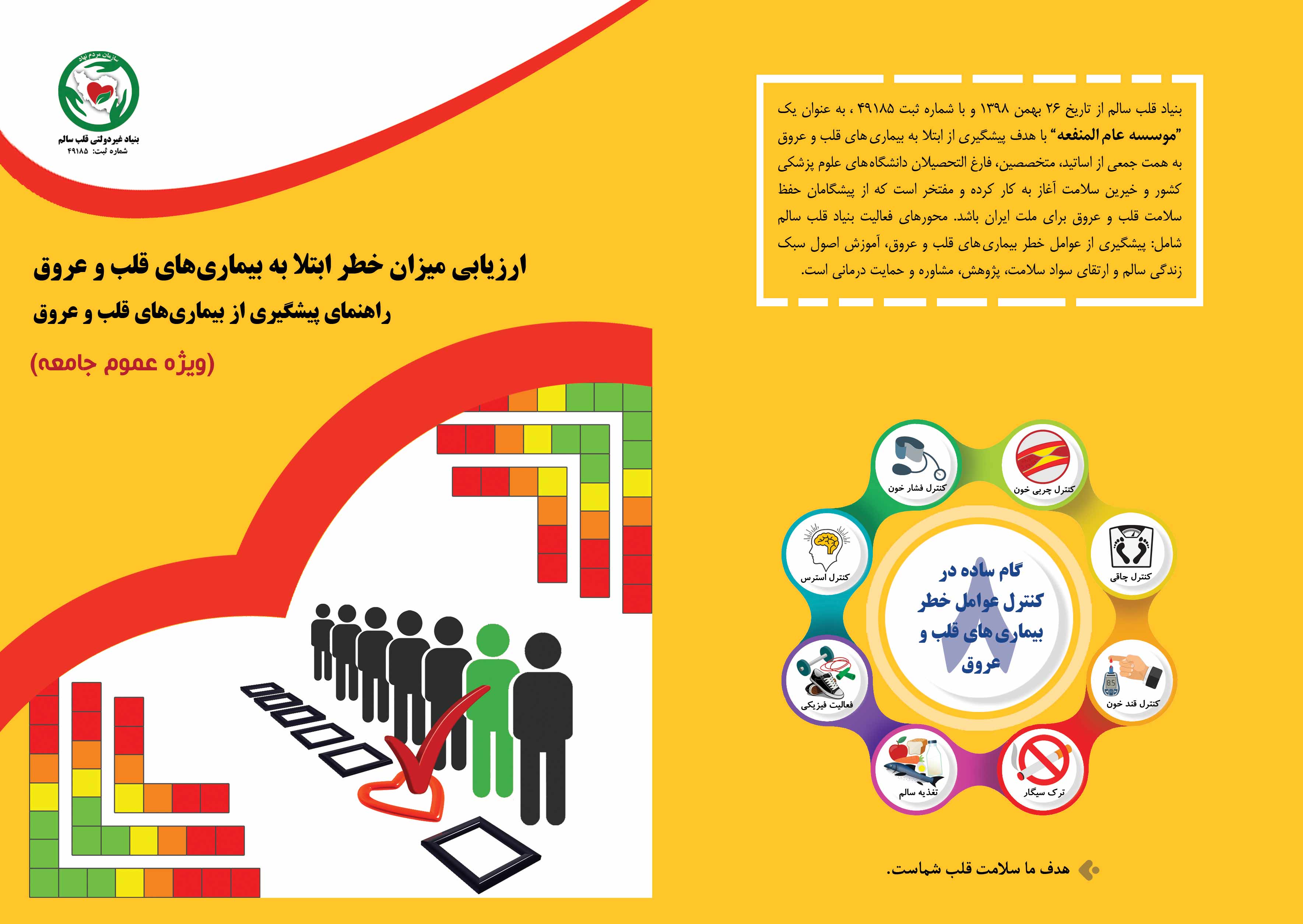
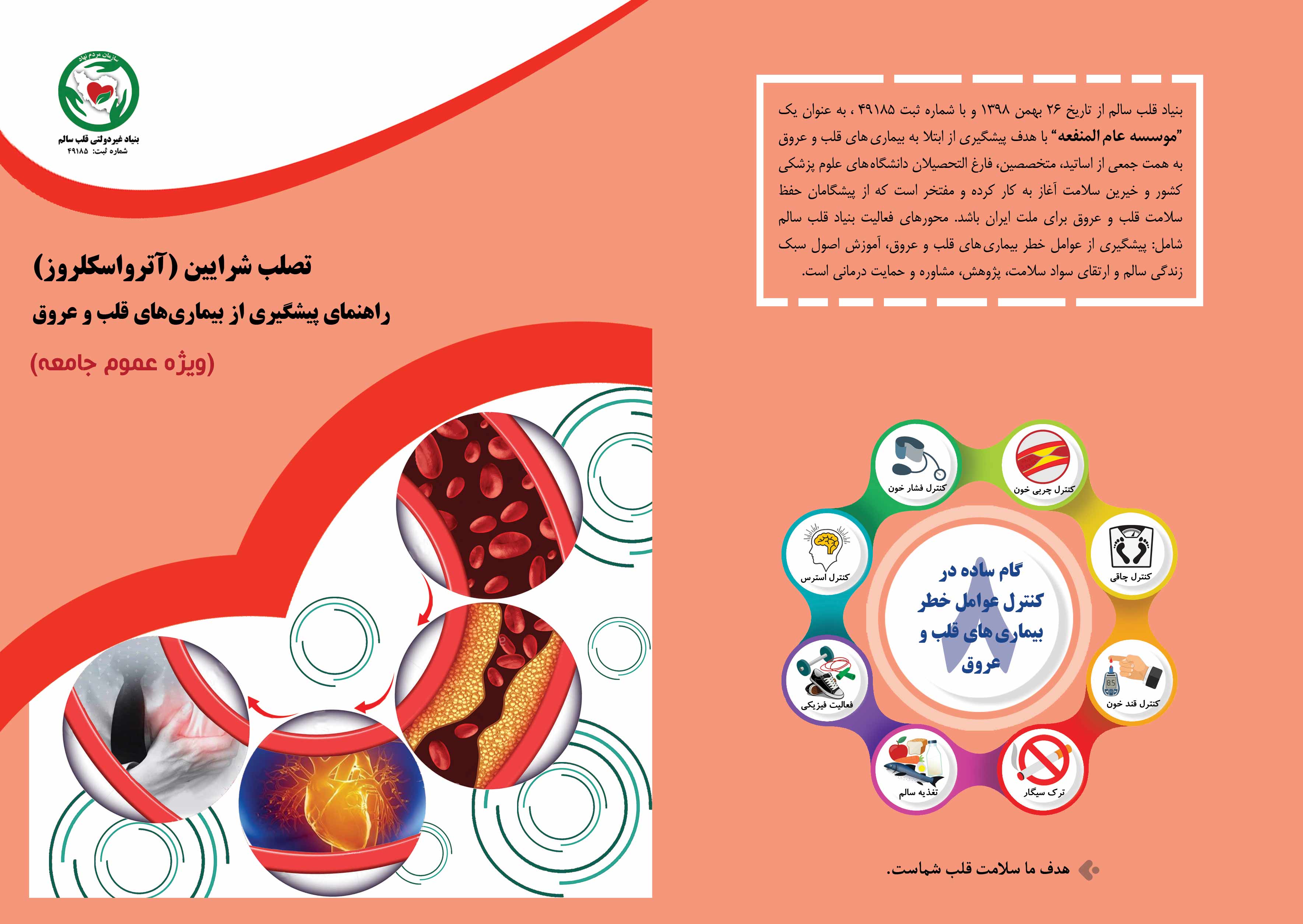
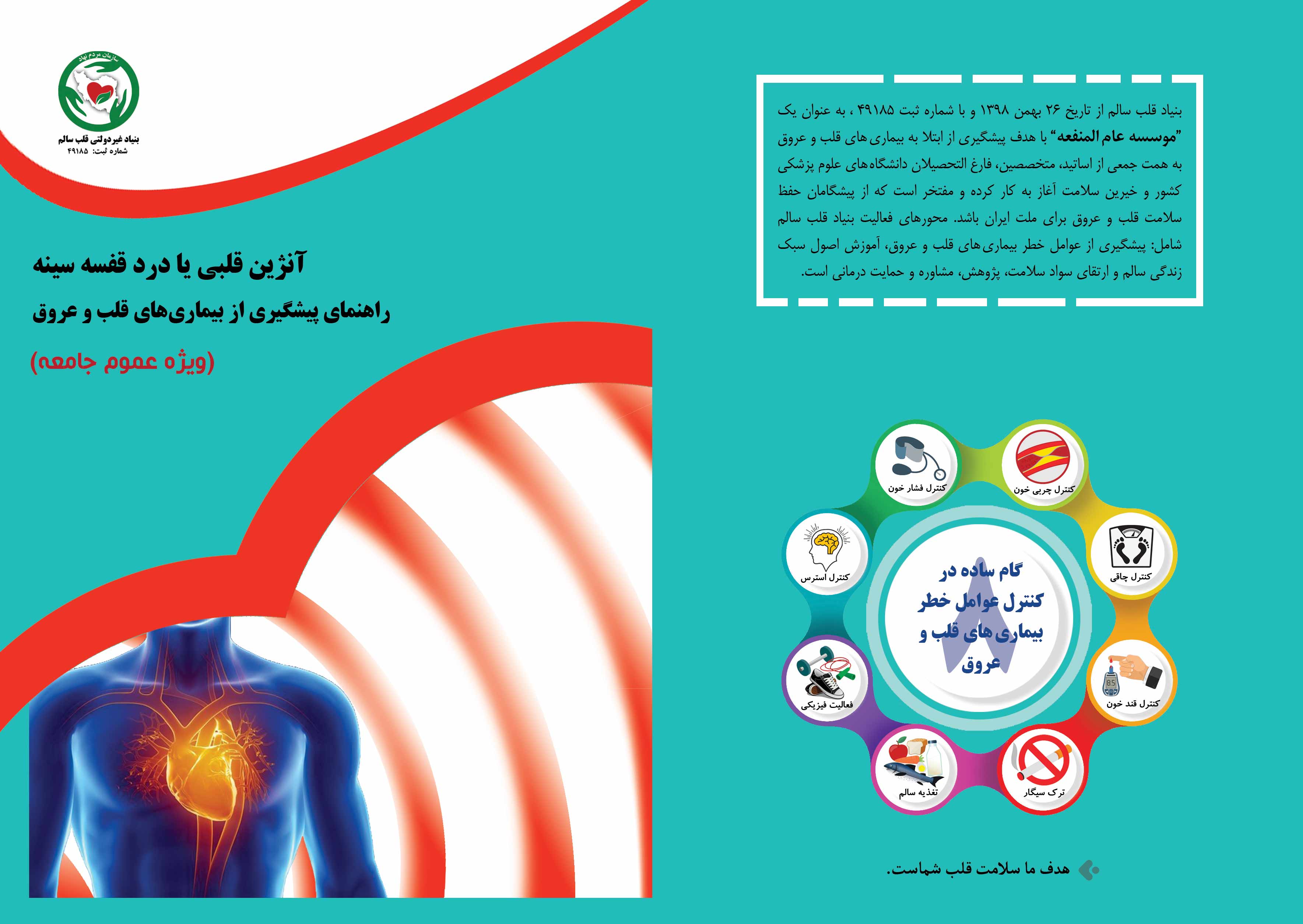
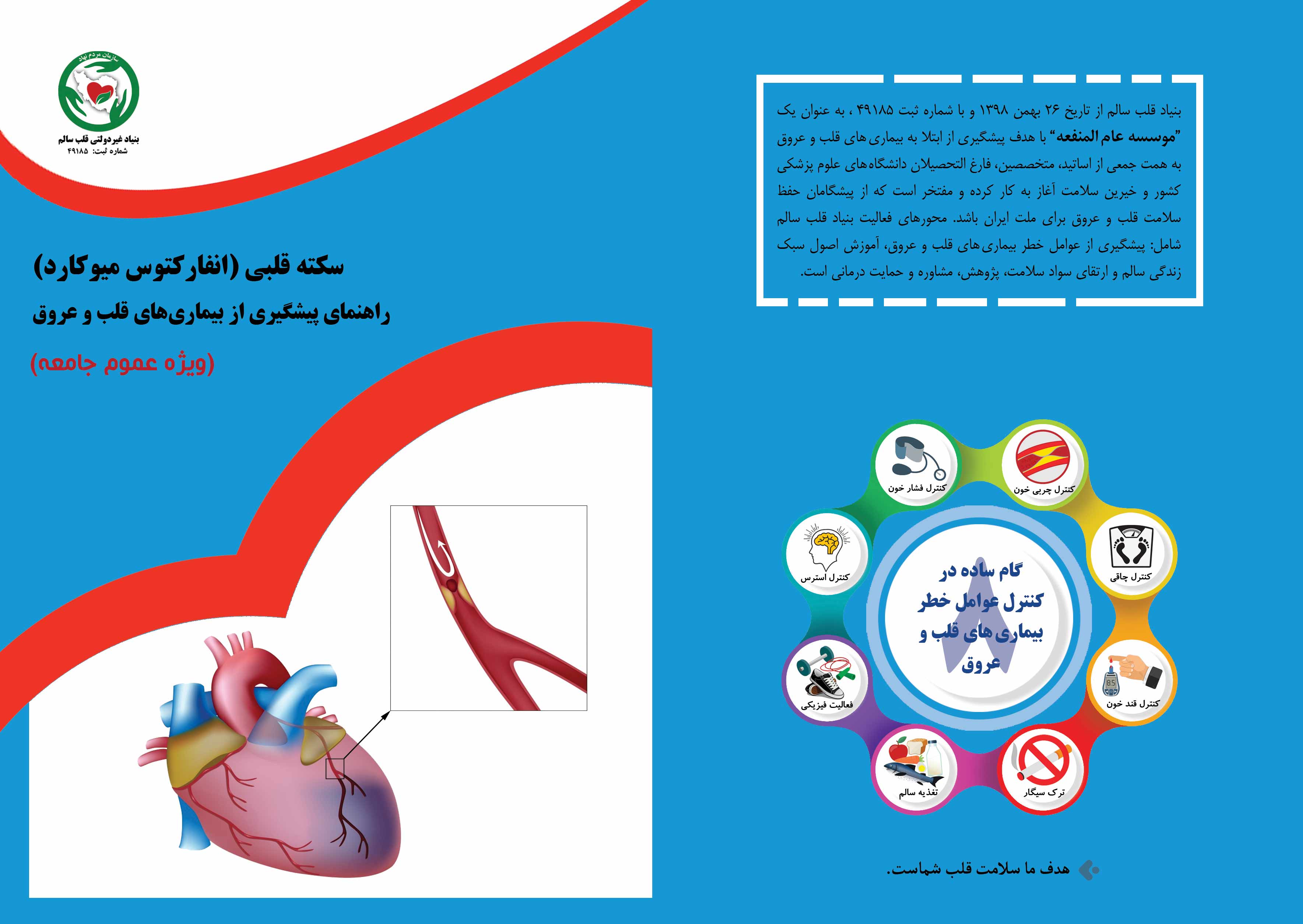
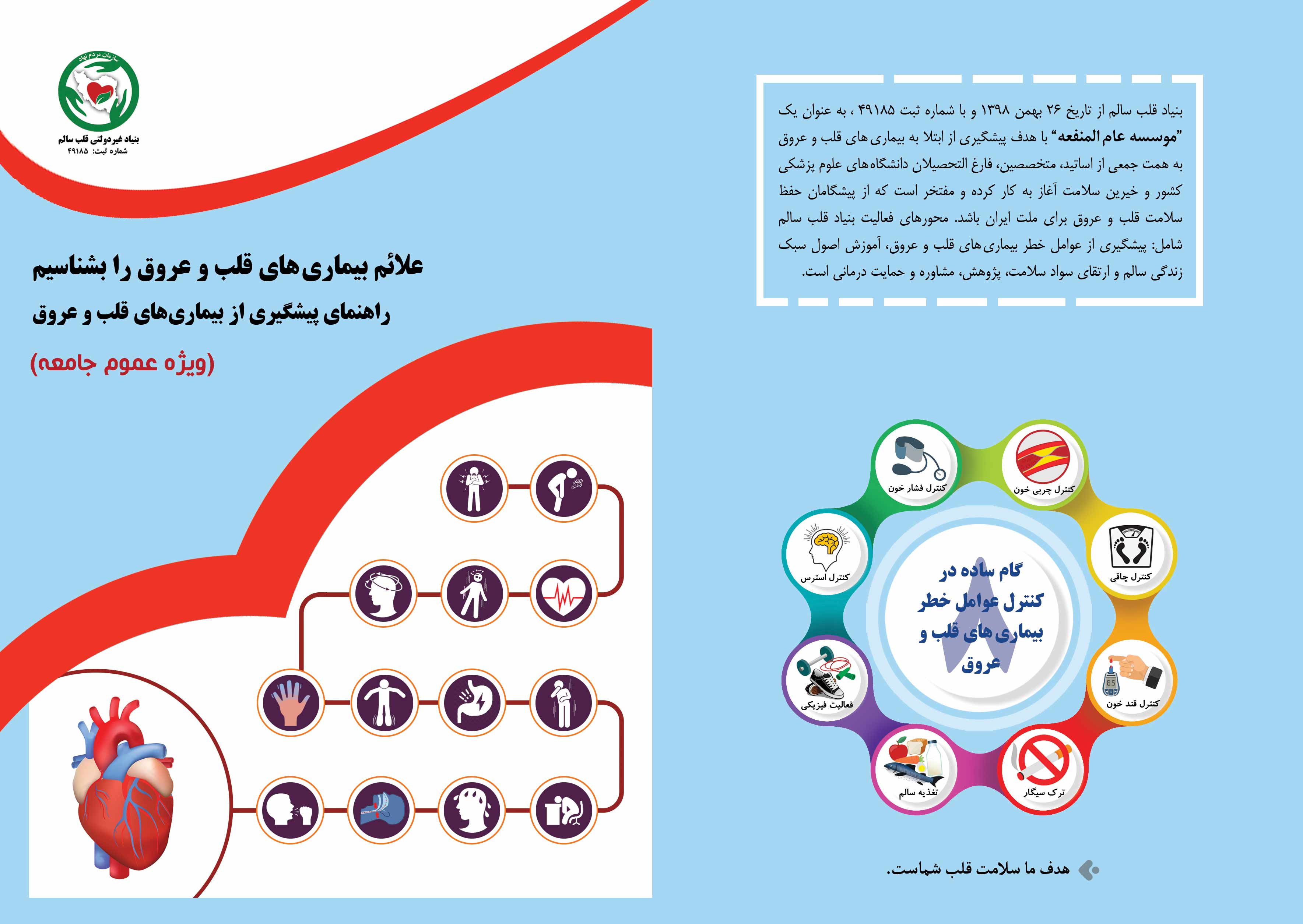
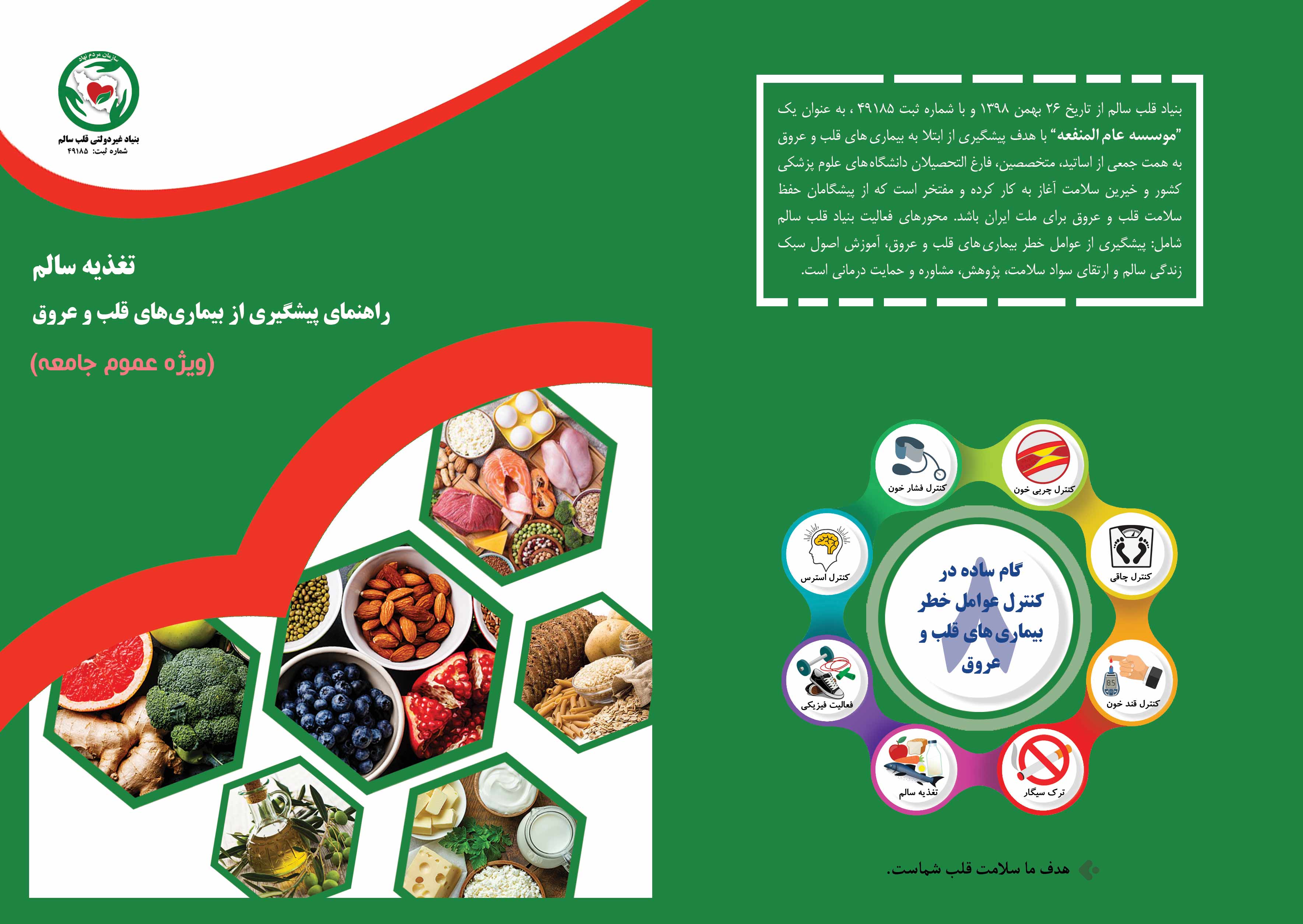
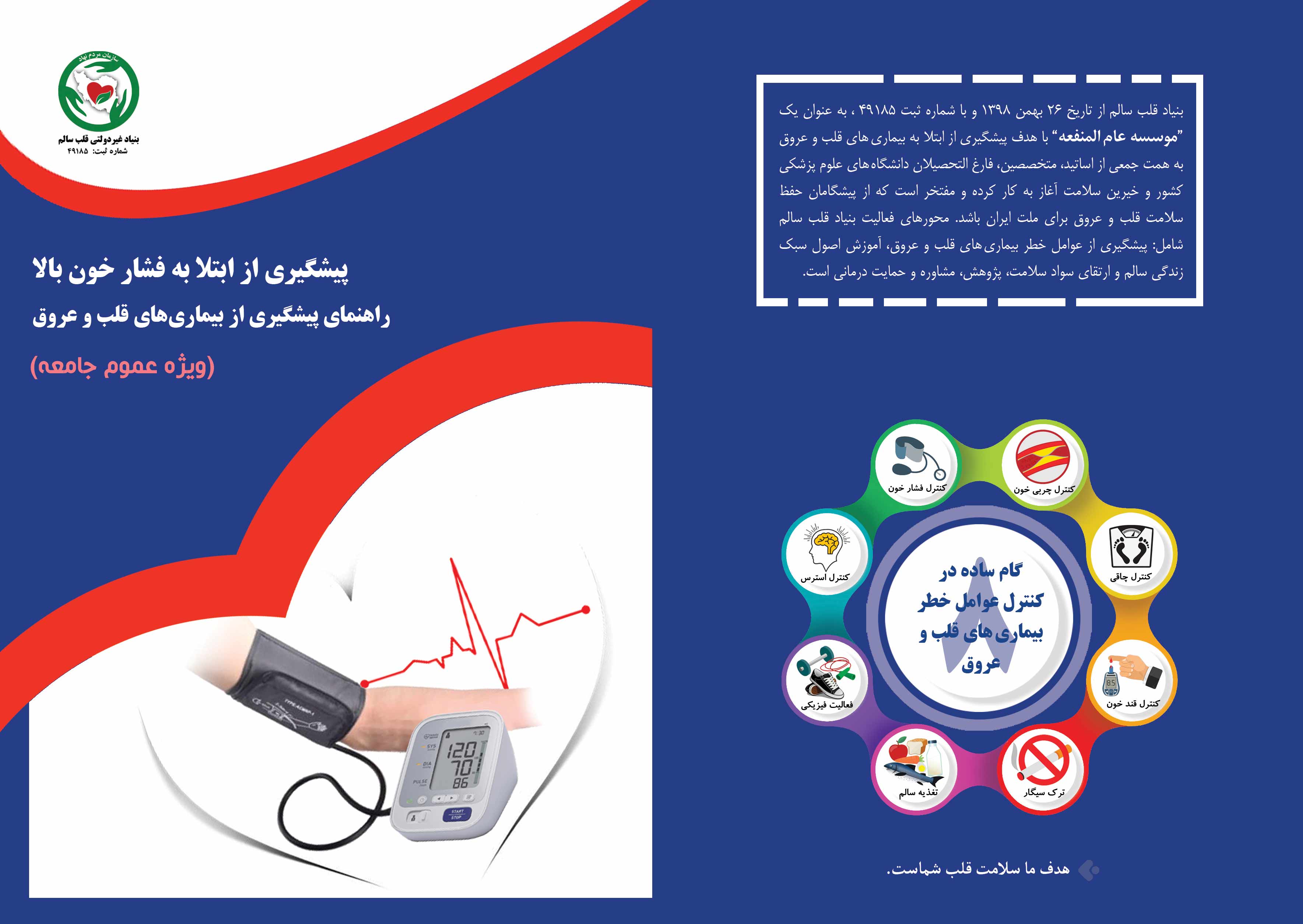
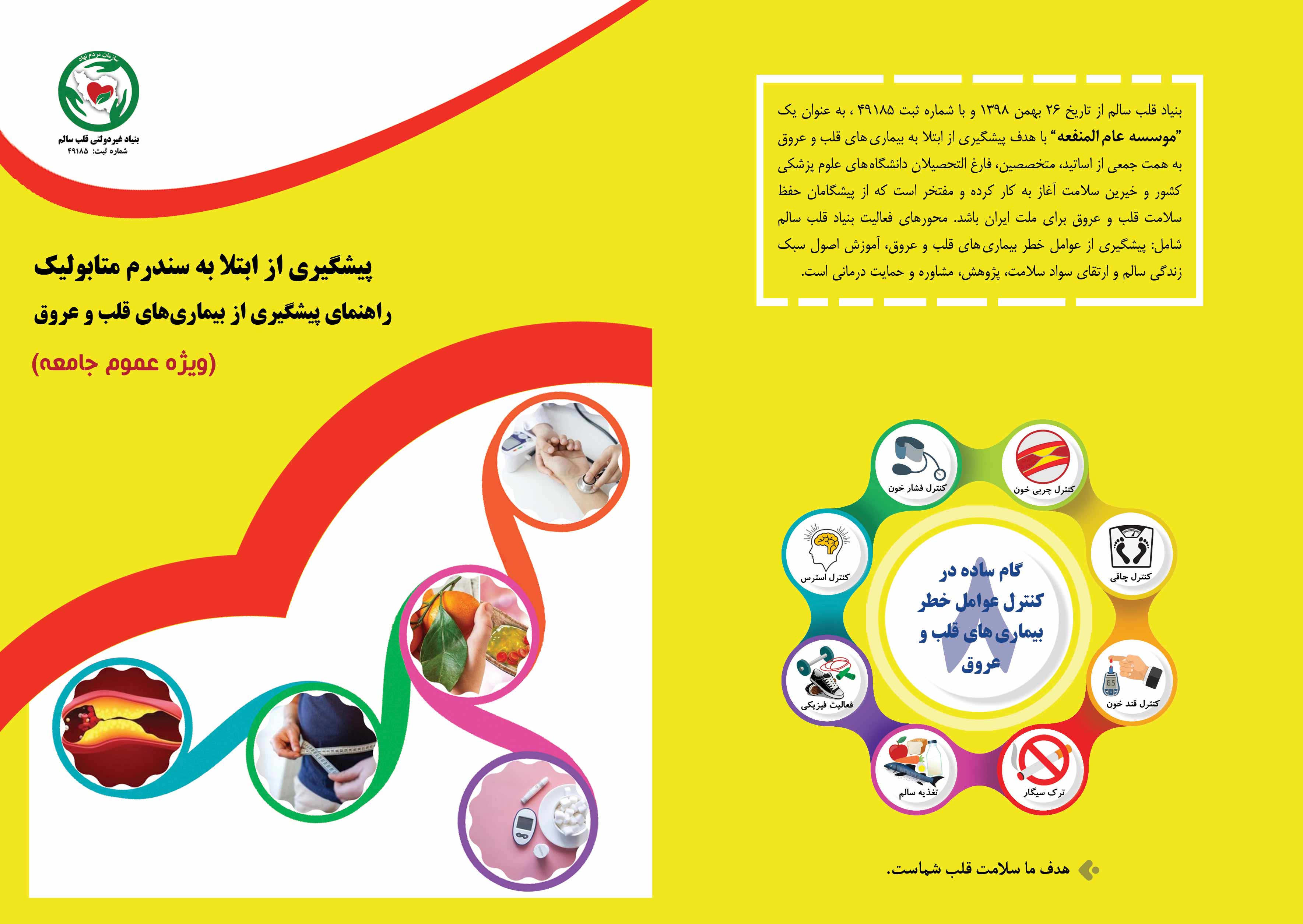
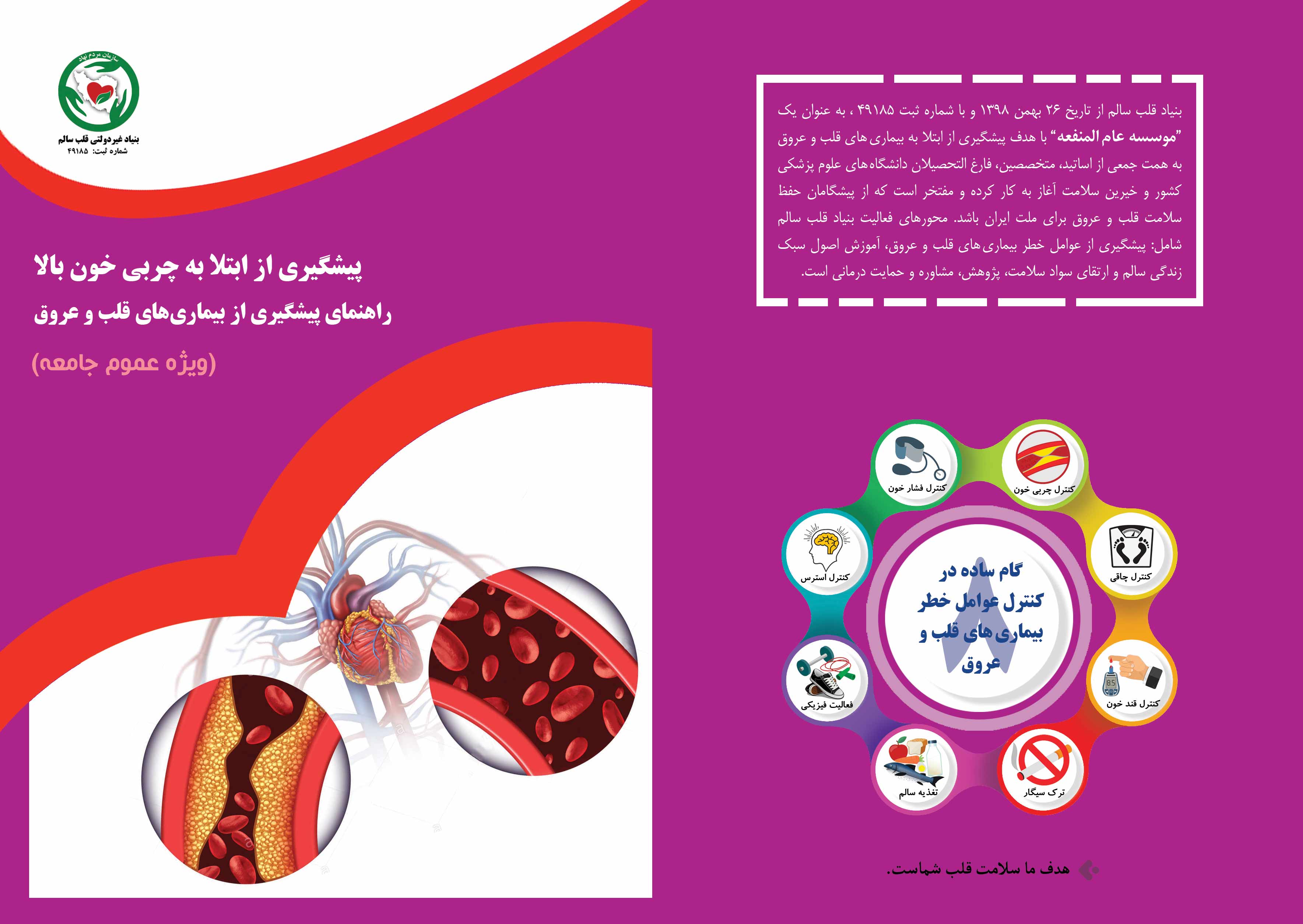
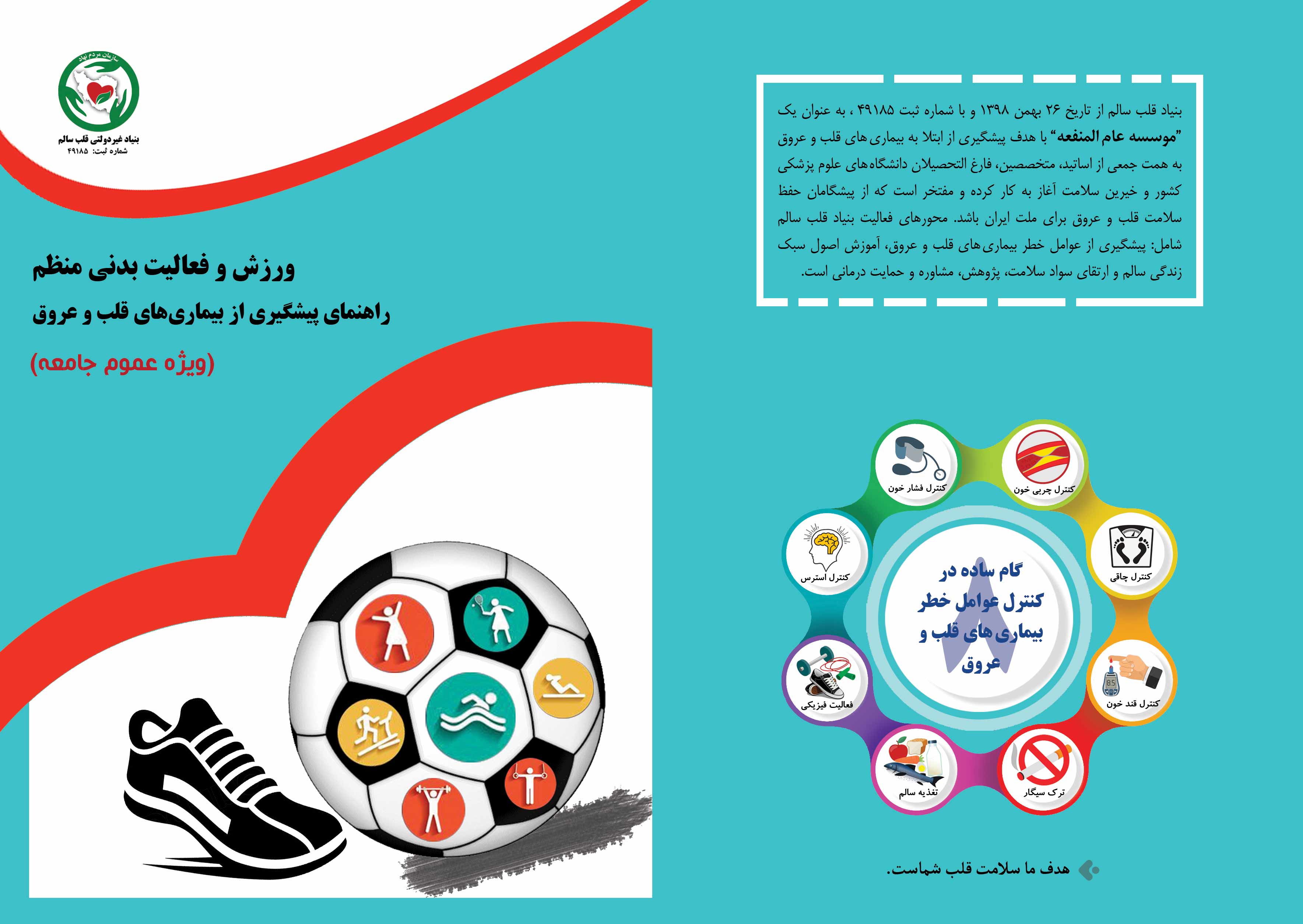

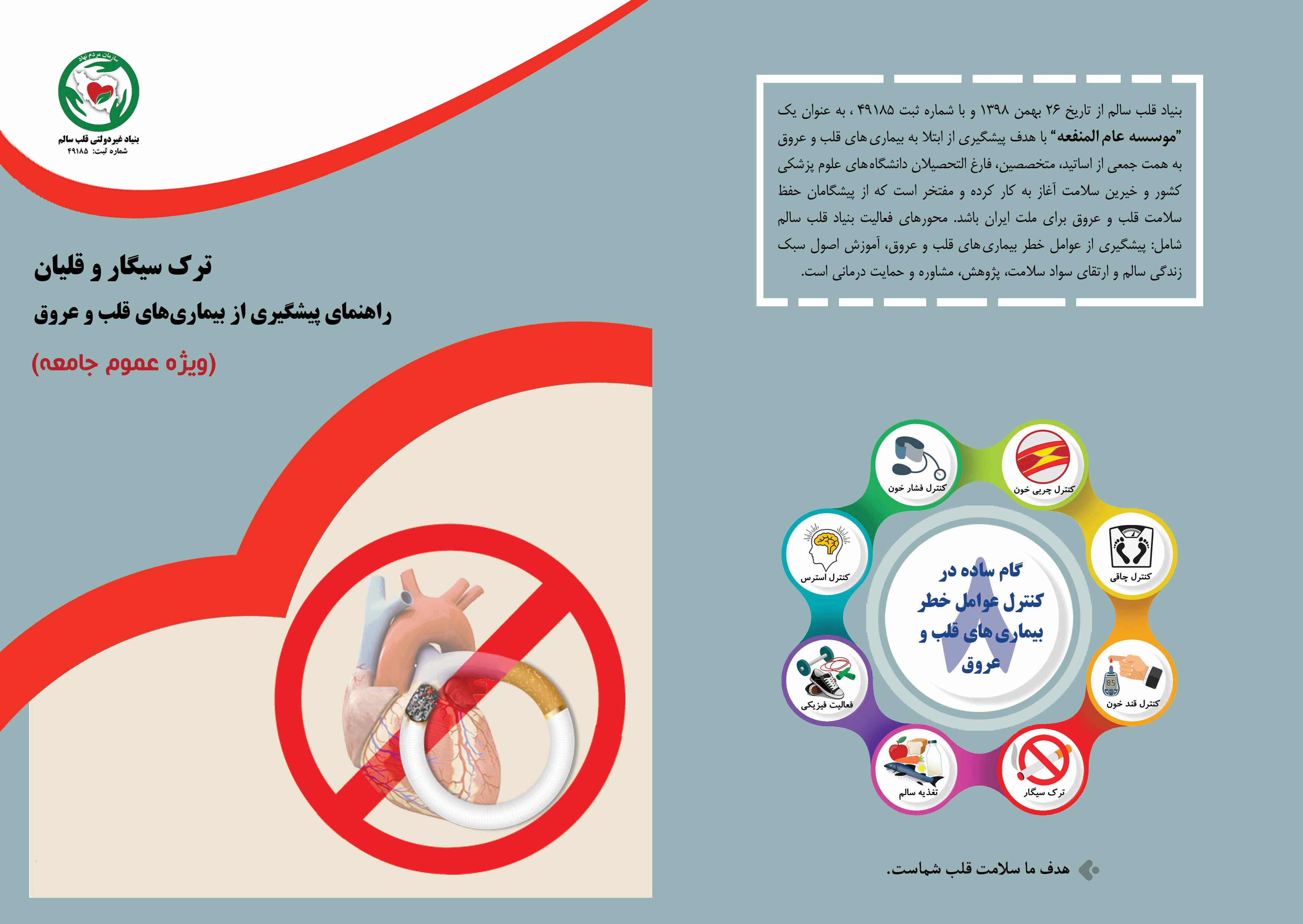
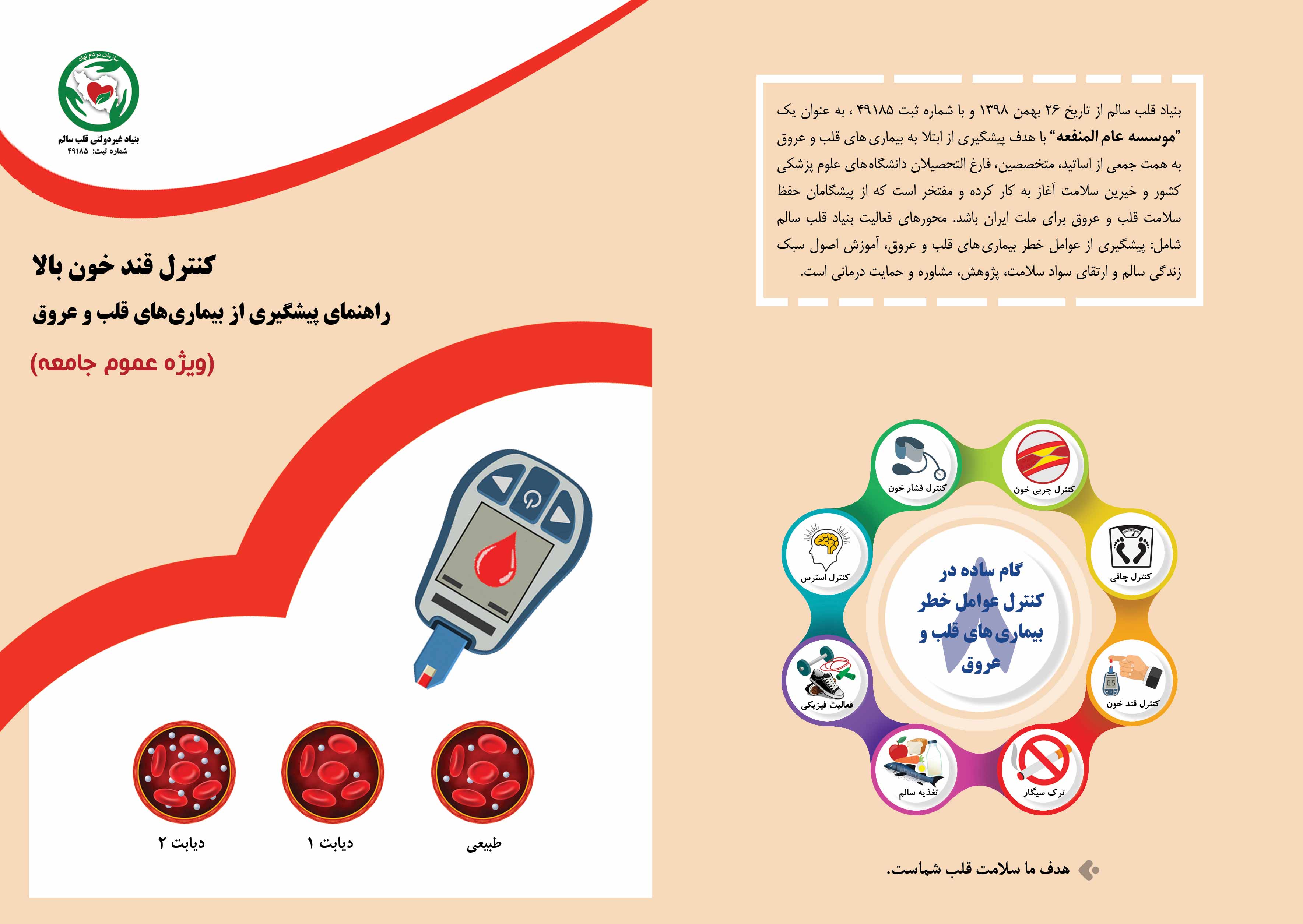


.png)
.png)
ارسال به دوستان